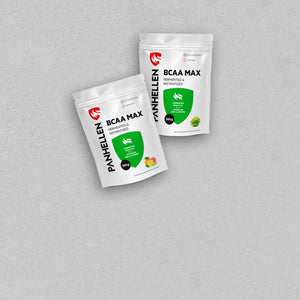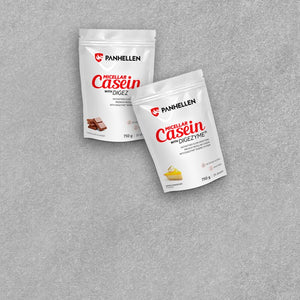TRAINING METHODS SERIES III.

Delayed adaptation
The ideas outlined below do not specifically describe a specific exercise method, but they can be included in the "Exercise and Method Series" because they can be particularly useful for a well-planned program.
Adaptation
Adaptation means that the body adapts to different external stimuli and stressors, as a result of which - if we dose it smartly - we develop, depending on our strong sense of what the external impact was.
We should also know that the above-mentioned adaptation compensation is delayed, that is, our body will need a reduced load in order to realize the result of the adaptation.
What does this mean in practice?
Because, on the one hand, continuous and intense training is tiring and it certainly accumulates in the body.
Therefore, with a smart training plan, we have to incorporate simplified training, as this is what ultimately "allows" us to finally realize what we have worked so hard for!
Intelligently applied and conscious overtraining can bring amazing results in both strength and muscle.
Professor Verkhoshansky's invention, the concentrated load, is an advanced alternative.
After short-term overtraining, a high supercompensation peak follows, of course this requires adequate training experience and intelligence, because if we do not take back the overload in time, we can easily end up in a state of acute overtraining.
Under the influence of Mike Mentzer, the talented Aaron Baker also gave a chance to the principle of concentrated loading and the subsequent removal of load and reported sensational results.
What should we pay attention to?
"The deeper and longer the depletion of the body's energy resources through concentrated exercise (within reasonable limits, of course), the greater the subsequent super-recovery and the longer the new functional level will be maintained"
- think professor Verkhoshansky and Dr. Siff.
Conclusion
The training planning method outlined above can bring fantastic results, but it is not yet suitable for beginners and intermediate athletes.
Also, be very careful not to overdo the intensity during the concentrated load, because the method itself is more than enough!













